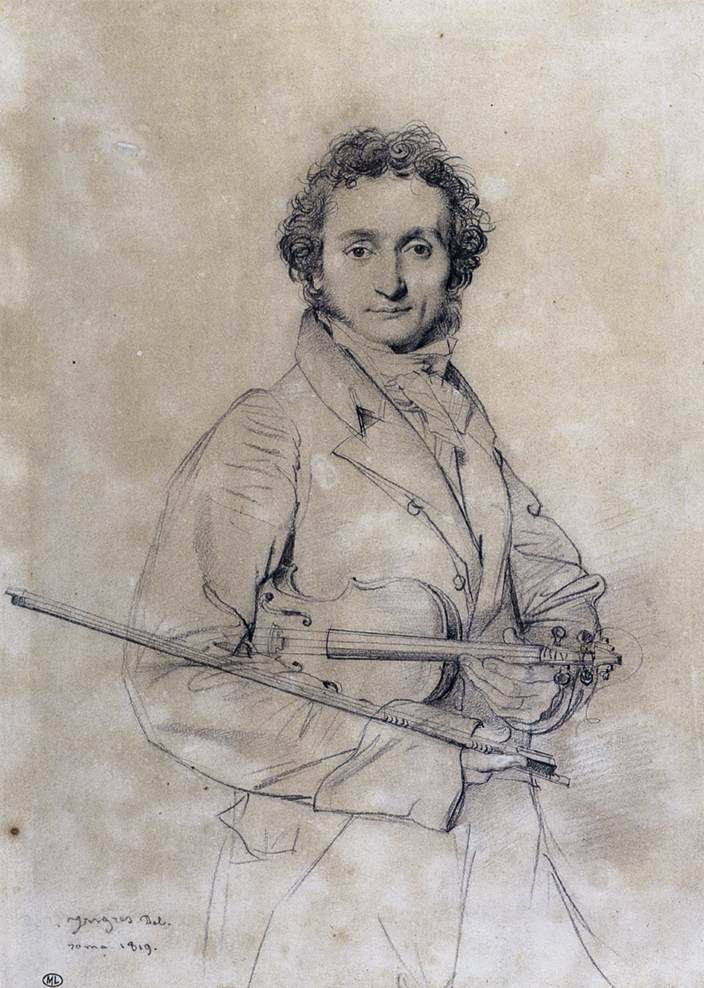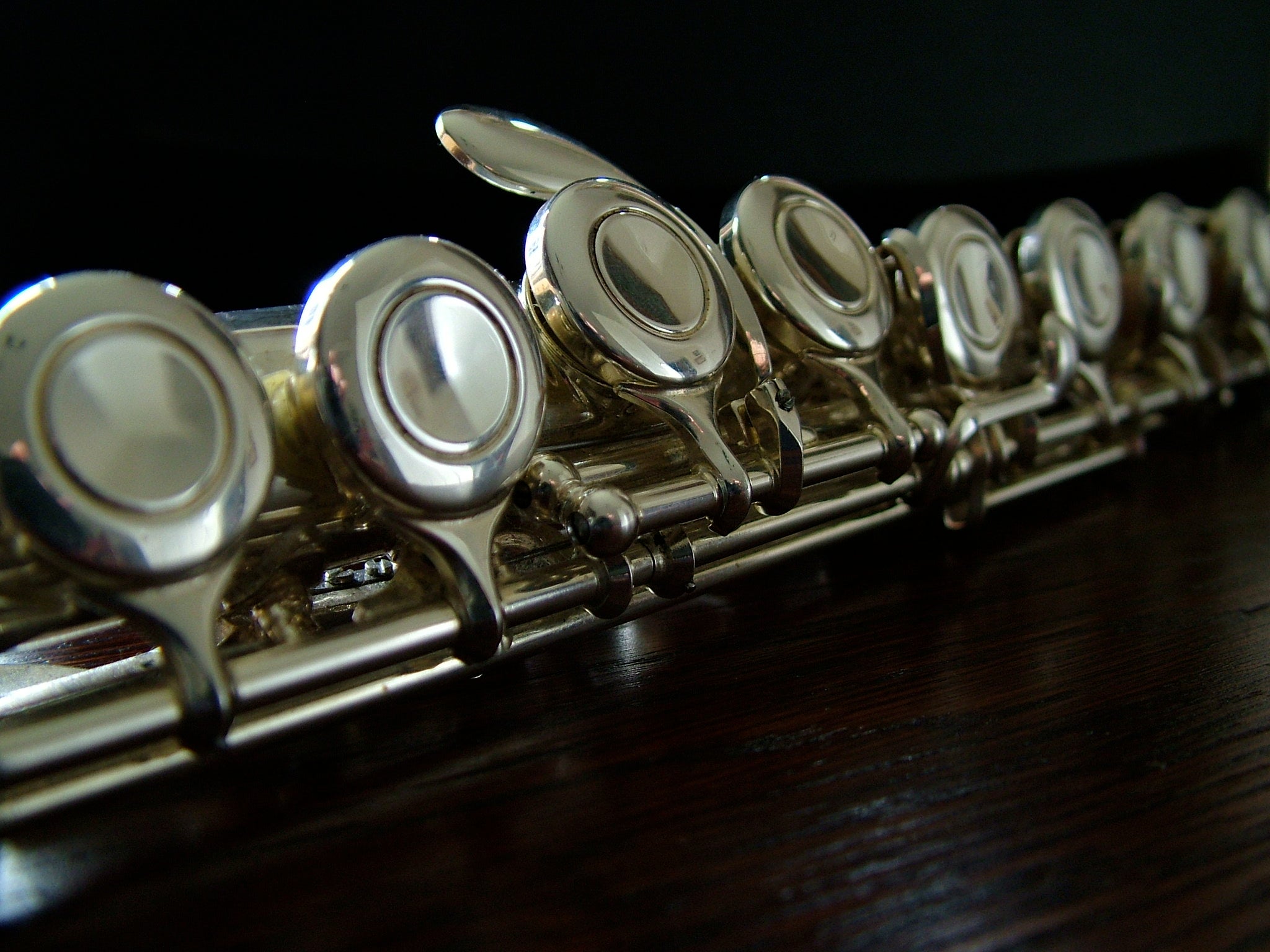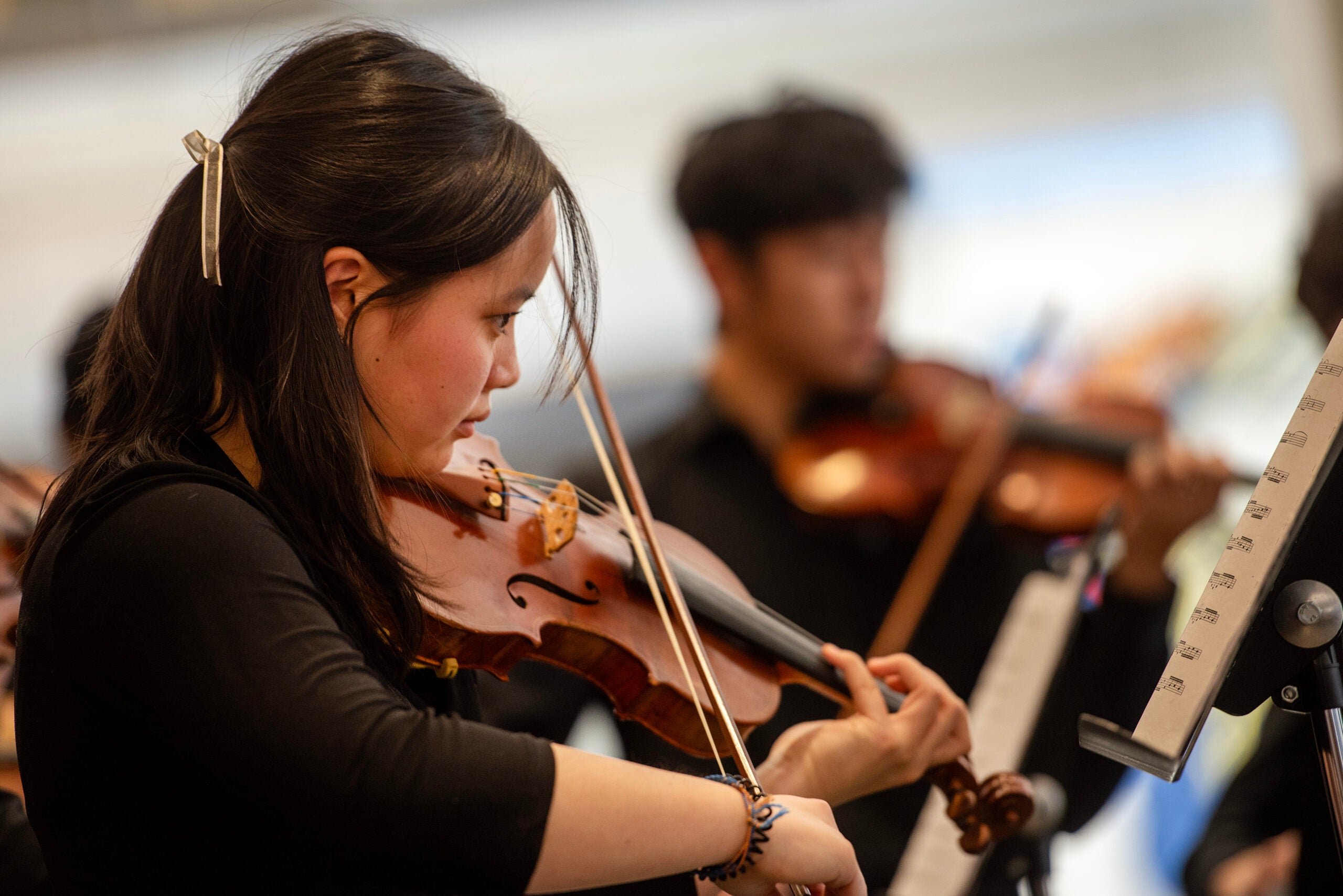He was one of the most famous men in Europe, and even though he was feeling unwell, Niccolò Paganini had come to Berlin to perform. The audience of nine hundred or so included Friedrich Wilhelm III, King of Prussia, and all the royal family.
Writing four days later, on March 8, 1829, Adolph Bernhard Marx, the editor of a major German music periodical, was still enthralled:
The man seemed to be enchanted and he had an enchanting effect, not just on me or on this or that person, but on everyone. He came onstage and launched at once into the Ritornelle, in which he conducted the orchestra and shot the orchestral texture through with sparks of tone like bolts of lightning–then passed into the most melting and audacious melody ever to come from a violin.
Stay informed on the latest news
Sign up for WPR’s email newsletter.
He sails casually, unconsciously, over all technical challenges with flashes of the most daring and biting satire till his eyes glow with a deeper, darker passion, and the tones become more piercing and headlong so that he seems to be flailing the instrument….Then he stamps his foot and the orchestra plunges in and fades away in the thunderous enthusiasm of the audience, which he hardly notices or acknowledges with a disdainful glance or a smile in which his lips part in a curious way and show his teeth.…
There’s something curious about this man. The outward aspects of his playing, all the seemingly impossible tours de force, the combination of rapid arco and pizzicato runs, the octave passages on one string–all of those things are just vehicles that actually mean nothing to him. The inward poetry of his imagination, forming the creations before our very eyes–that’s what enthralled his listeners.
“This was not violin playing,” the reviewer concluded. “This was not music–it was witchcraft–and yet it was still music, but unlike anything else we’ve heard.”
Wisconsin Public Radio, © Copyright 2025, Board of Regents of the University of Wisconsin System and Wisconsin Educational Communications Board.




